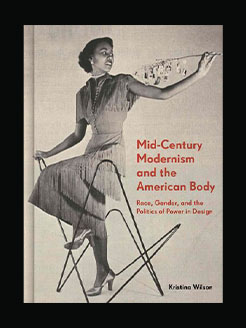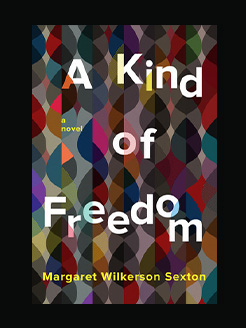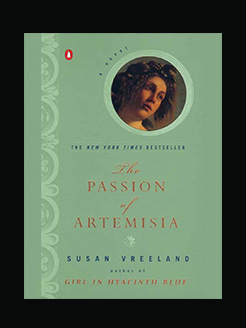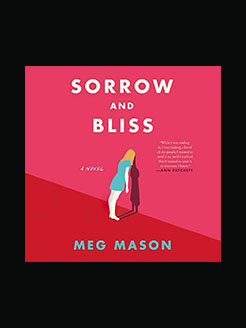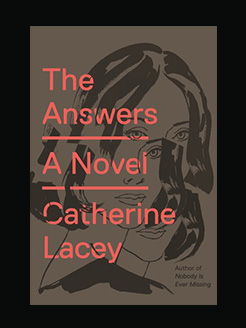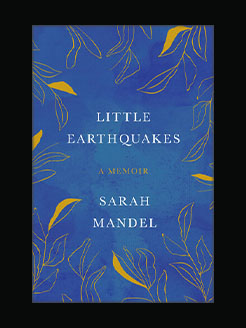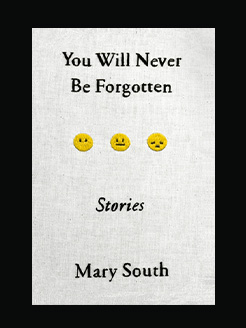Published in 2016
462 pages
Claire Harman began her career in publishing, at Carcanet Press and the poetry magazine PN Review, where she was co-ordinating editor.
Her first book, a biography of the writer Sylvia Townsend Warner, was published in 1989 and won the John Llewellyn Rhys Prize for ‘a writer of growing stature’ under the age of 35. She has since published biographies of Fanny Burney and Robert Louis Stevenson and edited works by Stevenson and Warner. She writes short stories for radio and publication and was runner-up for the V.S.Pritchett prize for short fiction in 2008. Her latest book is a mixture of biography and criticism, Jane’s Fame: How Jane Austen Conquered the World.
Claire has taught English at the Universities of Manchester and Oxford and creative writing at Columbia University in New York City. She has appeared on radio and television and writes regularly for the literary press on both sides of the Atlantic, reviewing books, films, plays and exhibitions. She was elected a Fellow of the Royal Society of Literature in 2006
What is this book about?
A groundbreaking biography that places an obsessive, unrequited love at the heart of the writer’s life story, transforming her from the tragic figure we have previously known into a smoldering Jane Eyre.
Famed for her beloved novels, Charlotte Brontë has been known as well for her insular, tragic family life. The genius of this biography is that it delves behind this image to reveal a life in which loss and heartache existed alongside rebellion and fierce ambition. Claire Harman seizes on a crucial moment in the 1840s when Charlotte worked at a girls’ school in Brussels and fell hopelessly in love with the husband of the school’s headmistress. Her torment spawned her first attempts at writing for publication, and the object of her obsession haunts the pages of every one of her novels–he is Rochester in Jane Eyre, Paul Emanuel in Villette. Another unrequited love–for her publisher–paved the way for Charlotte to enter a marriage that ultimately made her happier than she ever imagined. Drawing on correspondence unavailable to previous biographers, Harman establishes Brontë as the heroine of her own story, one as dramatic and triumphant as one of her own novels.
